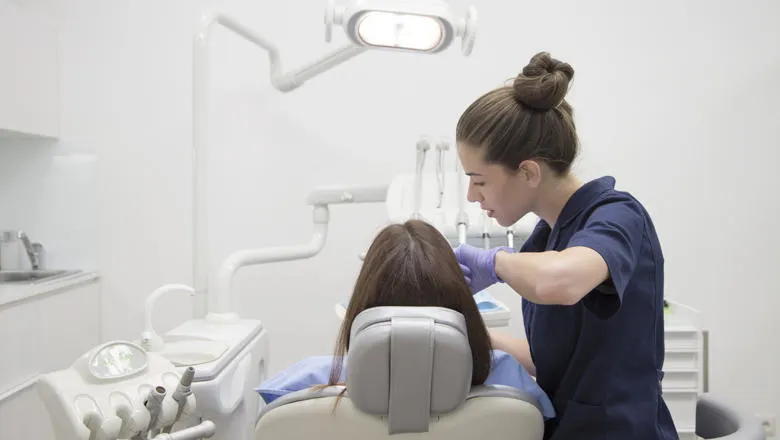02 November 2018
Unintended changes to the occlusion following the provision of night guards
Based on a series of clinical findings, cases are presented where night guard use resulted in anterior open bite and associated occlusal derangement. One featured case involved an orthodontic retainer. The aetiology of the occlusal changes observed is discussed.

A review of the literature recently published in the British Dental Journal on night guards left questions unanswered about the risk and possible causes of occlusal derangement linked to night guard design and use.
The research, led by Dr Tom Bereznicki, Honorary Clinical Teacher at the Faculty of Dentistry, Oral & Craniofacial Sciences, concluded that adverse occlusal effects linked to the use of night guards and orthodontic appliances may be found to be more common than anticipated from existing literature.
Patient follow-up is essential to monitor the use and effects of these appliances, as regardless of appliance type, unintended occlusal changes may result. The conclusion was that use and effects of partial coverage appliances require more careful monitoring than commonly believed.
Suggestions are provided for information and written instructions to be given to patients to be provided with night guards and removable orthodontic retainers.
A future article will deal with the various treatment options for these cases and show the successful reversal of the deranged occlusions.
Read the article in full on the British Dental Journal website here: https://www.nature.com/articles/sj.bdj.2018.869
